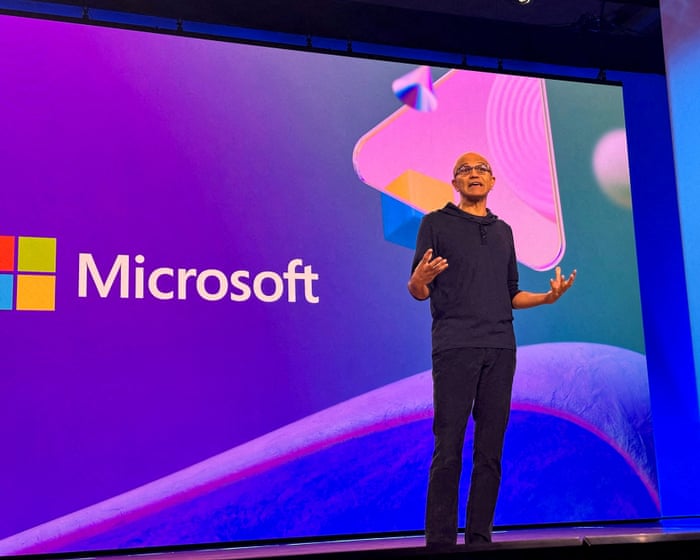Microsoft now owns 27% of OpenAI as the company shifts to a for-profit model
PositiveArtificial Intelligence

Microsoft's acquisition of a 27% stake in OpenAI marks a significant shift as the company transitions to a for-profit model. This move not only strengthens Microsoft's position in the AI landscape but also highlights the growing importance of profit-driven innovation in technology. As OpenAI aims to enhance its capabilities and expand its offerings, this partnership could lead to groundbreaking advancements in artificial intelligence, benefiting both companies and the industry as a whole.
— Curated by the World Pulse Now AI Editorial System







